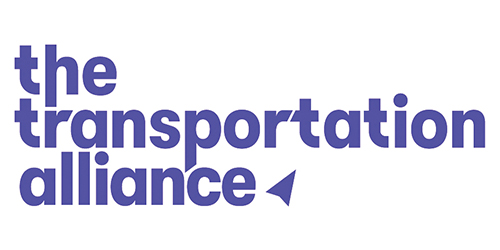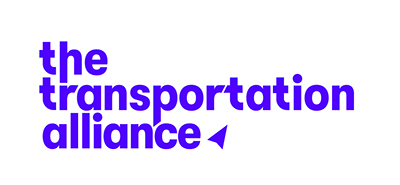
- Details
- Category: Industry News

After a dizzying boost following the 2024 US Presidential election, small businesses are feeling less confident about the economy and the conditions favorable for growth, according to the monthly report from the National Federation of Independent Business (NFIB). The monthly survey takes the temperature of small businesses across the country based on numerous key factors, including sales, employee compensation, inflation, expansion and capital outlays, and other economic touchpoints.
While the 50-year average is 98, the Optimism Index jumped eight points from October to November 2024 (93.7 to 101.7, respectively), and another three points in December 2024 (105.1). For reference, the index last breeched 98 in December 2021 and hovered in the low 90s and high 80s from January 2022 to October 2024, driven primarily by inflationary pressures, supply chain issues, and the lingering effects of the pandemic. In other words, small business owners saw a silver lining at the end of 2024 that has not panned out so far in 2025.
NFIB also measures uncertainty, which rose to its highest score ever (110) in October 2024. Although it dropped to 98 and 86 in November and December 2024, respectively, it again rose to 100 in January and now sits at 104 in what NFIB is calling “uncertainty whiplash.”

However, inflationary prices don’t tell the whole story. 19% of respondents cite “labor quality” as the top issue again this month, while “inflation” and “taxes” tied for second place at 16%. The top issues inverted in a year-over-year comparison with February 2024. Of note, which was not measured by the report, is the frenetic pace at which the Trump administration has been moving since January’s inauguration to slash federal spending as well as the threats and counterthreats of tariffs. These conditions have been reported elsewhere as contributing to the uncertainty felt by American businesses of all sizes.
These data points are in line with recent federal reports, including the February jobs report that was slightly below expectations at 151,000 and February retail sales, which were better (up 0.2%) than January’s disappointing numbers (-1.2%).
The full NFIB report can be found here.
Visit nfib.com for more information.
[03.18.25]

- Details
- Category: Industry News
 Gerrard Loyalty Club welcomes its first group of chauffeurs
Gerrard Loyalty Club welcomes its first group of chauffeurs
Gerrard Chauffeur Drive is proud to introduce the Gerrard Loyalty Club, a prestigious new initiative recognizing the dedication and commitment of chauffeurs who have worked with the company for 12 years or more. This exclusive club is designed to honor the chauffeurs who have played a key role in upholding the Gerrard reputation for excellence in luxury transport. To celebrate their service, each member will receive a personalized certificate of recognition and be presented with a distinctive loyalty tie, a symbol of their valued membership and longstanding contribution.
Beyond recognition, Gerrard Loyalty Club members will also enjoy a range of additional benefits and financial rewards throughout the year, reflecting the company’s appreciation for their loyalty and professionalism.
“Our chauffeurs are the heart of our business, and many have been with us for well over a decade," said Gerrard CEO Martin Cox. “The Gerrard Loyalty Club is our way of expressing gratitude for their unwavering commitment, ensuring they feel valued as part of the Gerrard family.”
The inaugural presentation ceremony took place at Gerrard HQ where the first group of chauffeurs will be officially welcomed into the club.
Visit gerrardcars.co.uk for more information.
[03.18.25]

- Details
- Category: Industry News

The Transportation Alliance (TTA), an association dedicated to the private sector transportation industry, recently announced its support for the newly introduced Small Business Transportation Investment Act (H.R. 2143). The bill, which was introduced by Wyoming Congresswoman Carol Miller, would allow transportation operators to purchase used government vehicles at cost (instead of at auction) after a three-year pilot program.
 TTA National President Dan Reid
TTA National President Dan Reid
“This legislation is a game-changer for small transportation businesses, such as those providing services such as NEMT taxi, on-demand, micro-transit, chauffer driven, and student transportation,” said TTA National President Dan Reid in a press release from the association. “By giving them the same opportunity to purchase fleet vehicles at cost, we are leveling the playing field and providing much-needed support to an industry that plays a vital role in connecting communities, creating jobs, and driving economic growth.”
The association says that the bill will have a profound impact on small business transportation companies, helping them remain operational, retain and create jobs, and continue providing critical mobility services to the public. Additionally, the initiative aligns with national environmental goals by promoting the transition to more fuel-efficient and environmentally friendly vehicle fleets.
Continuing progress of the bill can be found here.
In other news, the association’s Legislative Fly-In is scheduled to take place April 29-30 in the nation’s capital. Additional information, including registration information, is available here.
Visit thetransportationalliance.org for more information.
[03.17.25]

